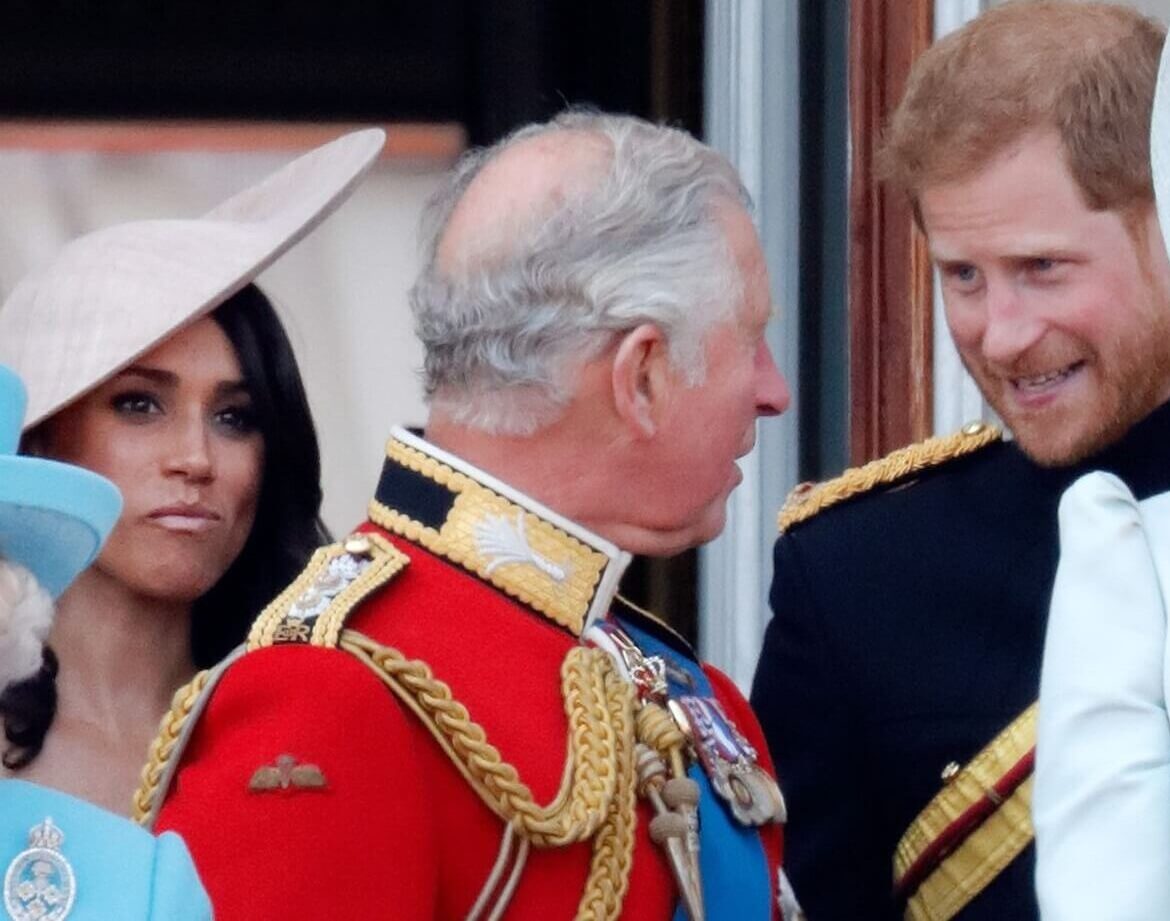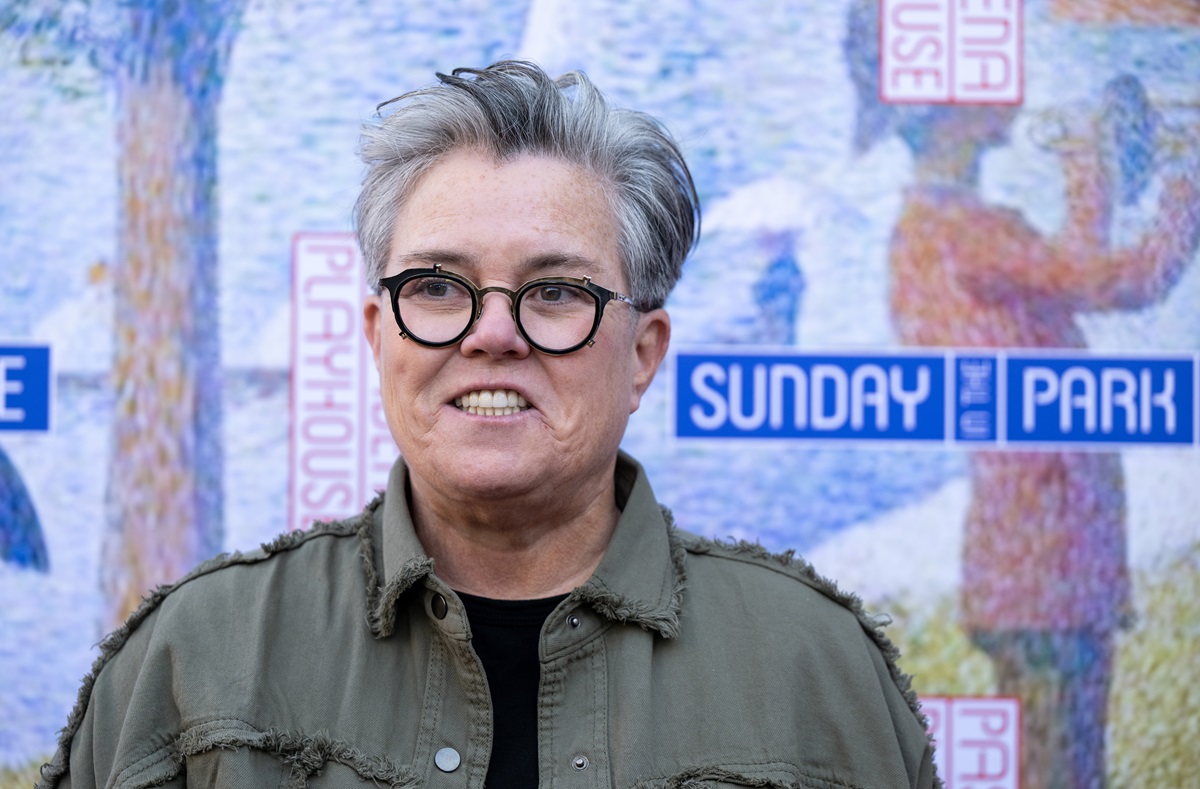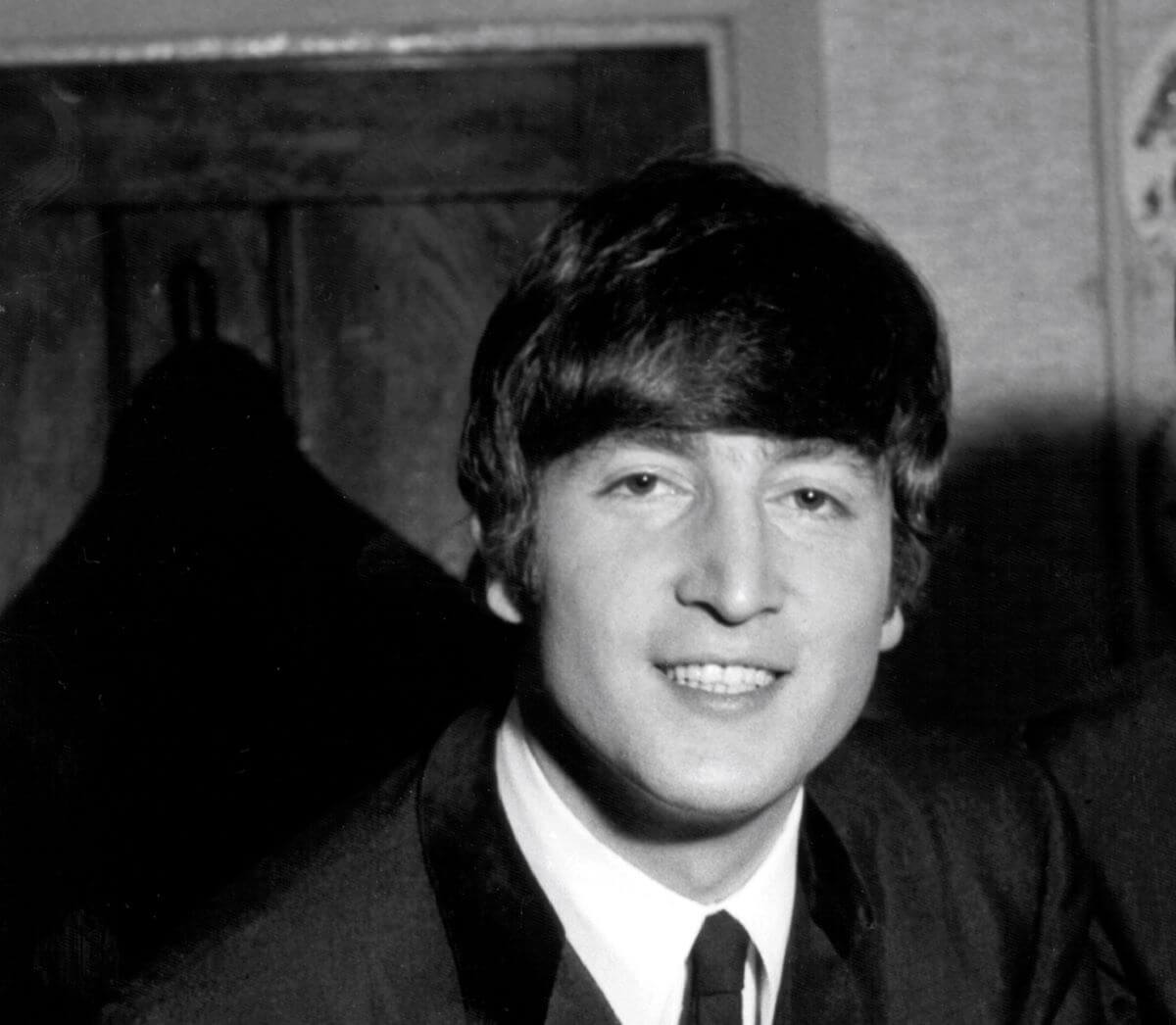
John Lennon Had to Think Long and Hard About Whether He Should Keep Making Music After Hamburg
After three members of The Beatles were deported from Germany, John Lennon made his way home, despondent and fed up with music. He felt that he needed to take a step back from performing. When he returned to Liverpool, he didn’t contact his bandmates. Instead, he spent time wondering if he actually wanted to be a musician.
John Lennon wasn’t sure he should continue his music career after The Beatles were in Hamburg
When most of his band left Germany, Lennon remained in the country. He continued to perform, but he found it depressing.
“They were all deported and I was left in Hamburg, playing alone with another group of musicians,” he said in The Beatles Anthology. “It was quite a shattering experience to be in a foreign country, pretty young, left there all on my own. We’d spent our money as we went along. I didn’t have any to spare and being stuck in Hamburg with no food money was no joke especially just around Christmas.”
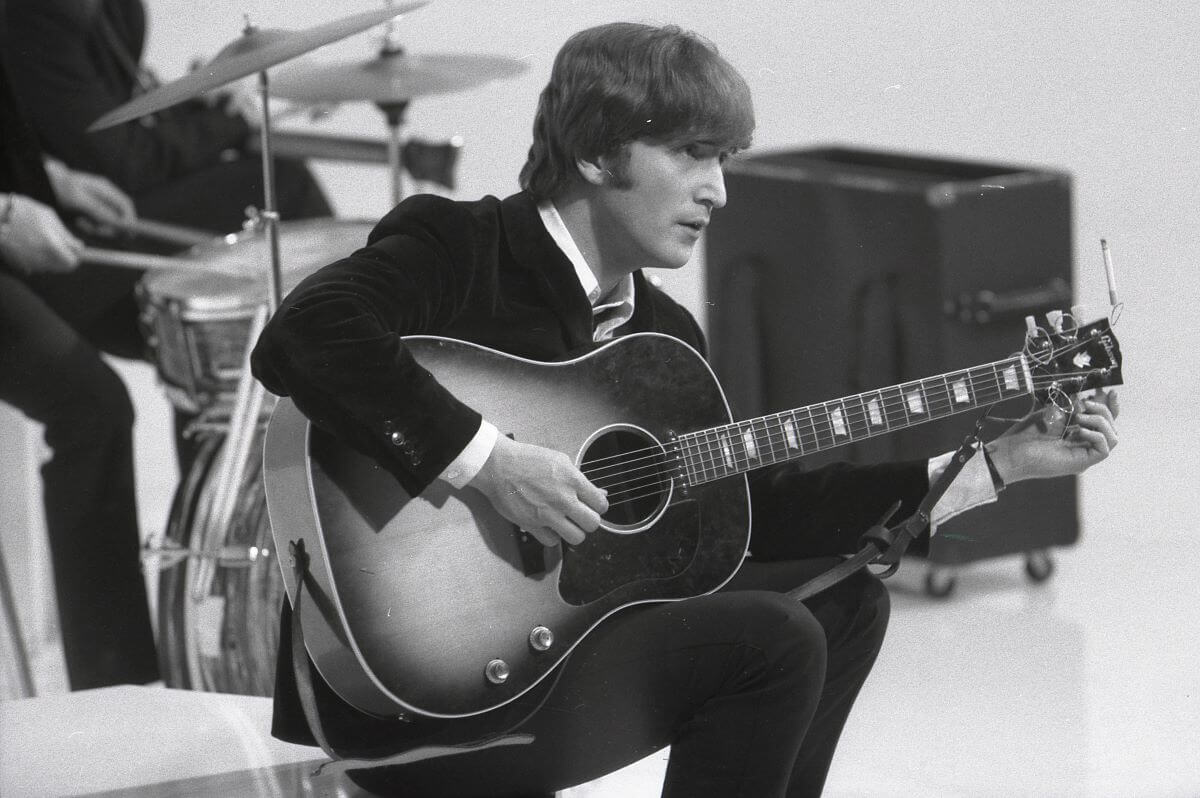
When he returned home, he wanted to take time away from his bandmates and career.
“When I did get home, I was so fed up I didn’t bother to contact the others for a few weeks,” he said. “A month is a long time at eighteen or nineteen; I didn’t know what they were doing. I just withdrew to think whether it was worth going on with. I thought, ‘Is this what I want to do?’ I was always a sort of poet or painter and I thought, ‘Is this it? Nightclubs and seedy scenes, being deported, and weird people in clubs?’ Nowadays they call it decadence but those days it was just in Hamburg, in clubs that groups played at, strip clubs. I thought hard about whether I should continue.”
Paul McCartney and George Harrison faced similar dilemmas
Paul McCartney felt similarly. While he wanted to resume playing music, he didn’t reach out to his bandmates either.
“After Hamburg it wasn’t too good,” he said. “Everyone needed a rest. I expected everyone to be ringing me to discuss what we were doing, but it was all quiet on the Western front. None of us called each other, so I wasn’t so much dejected as puzzled, wondering whether it was going to carry on or if that was the last of it.”
While he waited, McCartney got a job at a coil-winding factory. According to Cynthia Lennon, George Harrison also avoided his bandmates. He found his deportation so embarrassing that he didn’t want to see them.
John Lennon eventually encouraged the other Beatles to perform music again
Eventually, Lennon decided that it was worth it to continue pursuing music.
“Anyway, after a while I got to thinking that we ought to cash in on the Liverpool beat scene,” he said. “Things were really thriving and it seemed a pity to waste the experience we’d got, playing all those hours every night in Hamburg.”
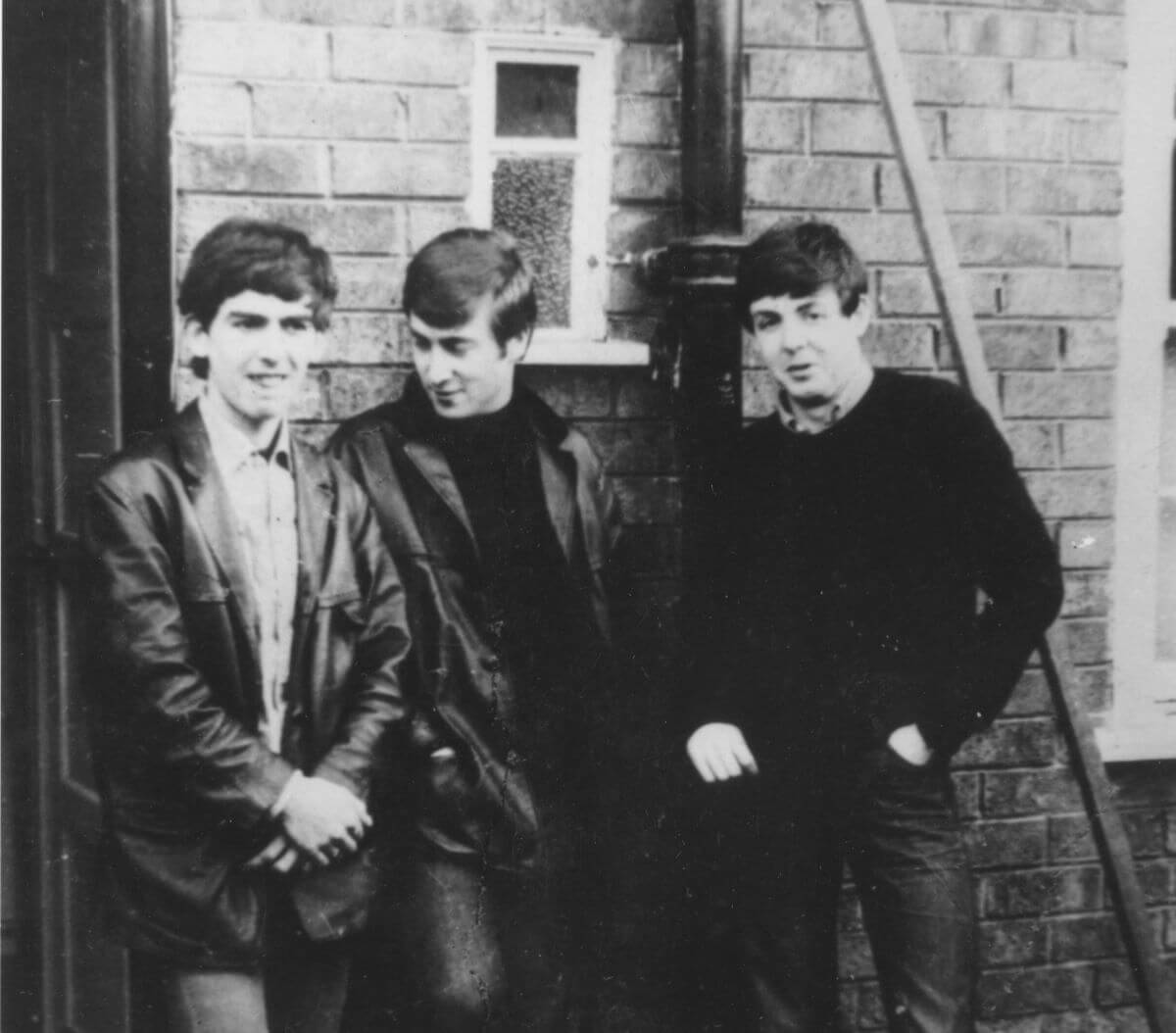
He encouraged McCartney and Harrison to quit their jobs and play shows around Liverpool. Lennon believed that this was when they really came into their own.
“It was that evening that we really came out of our shell and let go,” he said. “We stood there being cheered for the first time. This was when we began to think that we were good. Up to Hamburg we’d thought we were OK, but not good enough. It was only back in Liverpool that we realized the difference and saw what had happened to us while everyone else was playing Cliff Richards s***.”
